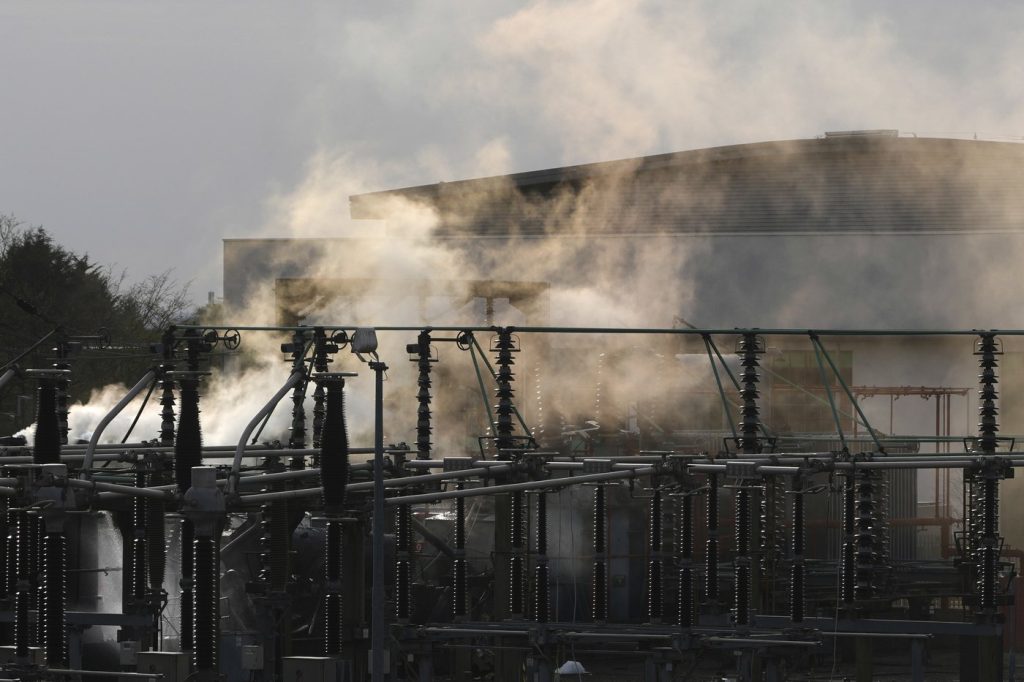LONDON (AP) — A fire at an electrical substation that resulted in the shutdown of Heathrow Airport for nearly 18 hours was linked to a preventable technical fault identified nearly seven years prior, according to a report released on Wednesday. This incident, which occurred in March, led to the cancellation of over 1,300 flights and disrupted the journeys of more than 200,000 passengers.
The fire broke out at one of the three electrical substations responsible for powering Heathrow Airport, Europe’s busiest air hub. Initial investigations into the incident were spearheaded by counterterrorism police, primarily due to rising concerns over potential sabotage related to fears of Russian-backed attacks across Europe. However, these suspicions were quickly dismissed as authorities confirmed that there was no evidence of vandalism or sabotage.
The significant disruption caused by the fire raised alarms regarding the resilience of Britain's energy infrastructure against accidents, natural disasters, or intentional attacks. In response, the government ordered a comprehensive investigation to evaluate broader lessons regarding energy resilience crucial for national infrastructure. The National Energy System Operator conducted this investigation and revealed troubling findings regarding the state of the substation.
The report indicated that an "elevated moisture reading" in oil samples taken from the North Hyde electrical substation in west London had been detected as early as July 2018. Despite this early identification, no corrective actions were taken to replace the faulty electrical insulators, known as bushings, which ultimately contributed to the incident. The findings also pointed to a "catastrophic failure" of one of the transformers on March 20, likely due to moisture that intruded into the bushing and caused a short circuit that ignited the surrounding oil.
In light of the report’s findings, Energy Secretary Ed Miliband expressed significant concern, emphasizing the importance of addressing the issues raised by the investigation. He noted that the energy industry regulator, Ofgem, had initiated a separate investigation to determine whether the operator of the substation, National Grid Electricity Transmission, had violated any of its operating license conditions.
The revelations about the substation fire and its implications for public safety and energy infrastructure will likely lead to reassessments of policies and procedures intended to safeguard critical national utilities from similar incidents in the future. The extensive impact of the Heathrow shutdown has put a spotlight on the need for improved oversight and preventive measures within the energy sector to protect against foreseeable technical failures.











